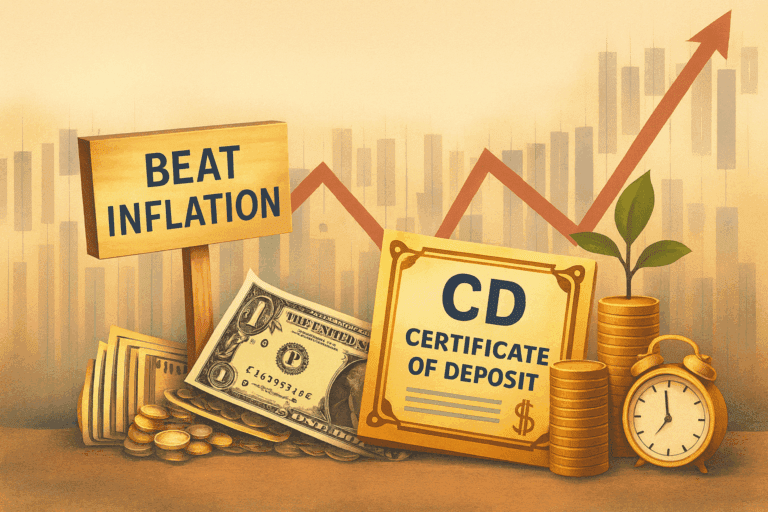Did you come into some extra cash via a bonus or a windfall? Do you want to spend your new money smartly? Then you have come to the right place! Here are 10 things to keep in mind.
Spend It Mindfully

You don’t always have to invest extra cash into something serious. You can absolutely spend it on a vacation or on something that brings you happiness. The main thing to ask yourself is whether treating yourself is a wise financial decision. Will you regret it later when you look at your credit card statement? If not, take that vacation!
Catch Up on Bills

It might seem like a no-brainer to pay bills with your bonus money, but it is still important to have a reminder. If you have been behind on bills, this will be the perfect opportunity to get ahead on them. No one needs late fees and interest charges to possibly knock down their credit and affect their credit score.
Pay Off Your Debt

Debt will follow you through the good times and the bad times. It is a good idea to pay off some debt when you have the financial means. Tackle some of that credit card debt or maybe student loan debt. Regardless, you will be all smiles, knowing that you have gotten rid of something that is lingering.
Put the Money in Your Retirement Accounts

Putting money in your retirement accounts is a great way to do something responsible with your bonus money. Your company could already allow you to put some of the money in your 401(k). That means they will probably also match the amount you will put in. This could be a great idea to help save for your future!
Donate to Charity

You could do something good with your money and donate to charity. You can find a cause that also supports your values and give them some of your extra cash. A little goes a long way, so you can donate some of your money but not all of it.
Add Money to Your Emergency Fund

Sometimes your emergency fund has to be used for, well, emergencies. If you used up some of your funds, it might be good to stockpile some of your bonus money for the future. The best place to stash this cash? A savings account so interest can stack up.
Put Money in a 529 Plan

A 529 plan is a savings plan that lets you pay for education expenses. With this plan, any contributions to your account are tax-deferred. If you have little kids, this might be a great place to put your money because then it can grow over the years.
Invest in Skills Training

If there is a skill you always wanted to learn or could use for your job, then this is the perfect thing to use your bonus on. You could learn something new that could also translate to a higher-paying job. Or you could just brush up on something for your personal life, like learning a language or playing an instrument. You are allowed to have some fun with your bonus money.
Read More: How to Save Money with the Cash Diet
Open a High-Yield Savings Account

Putting your money in a high-yield savings account will help you actually earn interest on your savings and prevent you from spending the money. What exactly is the difference between a regular savings account and a high-yield one? The annual percentage yield or APY is usually higher in, you guessed it, a high-yield account.
Read More: 10 Creative Ways to Start an Emergency Fund
Delay Your Bonus

Delaying your bonus could be the right move for tax reasons. If you get a late-year bonus but would rather pay the taxes on it for the next tax year, then that might be a good reason for postponement. Remember, you have to ask your employer for the delay, otherwise it won’t happen.
Read More: Are High-Yield Savings Accounts Worth it?








